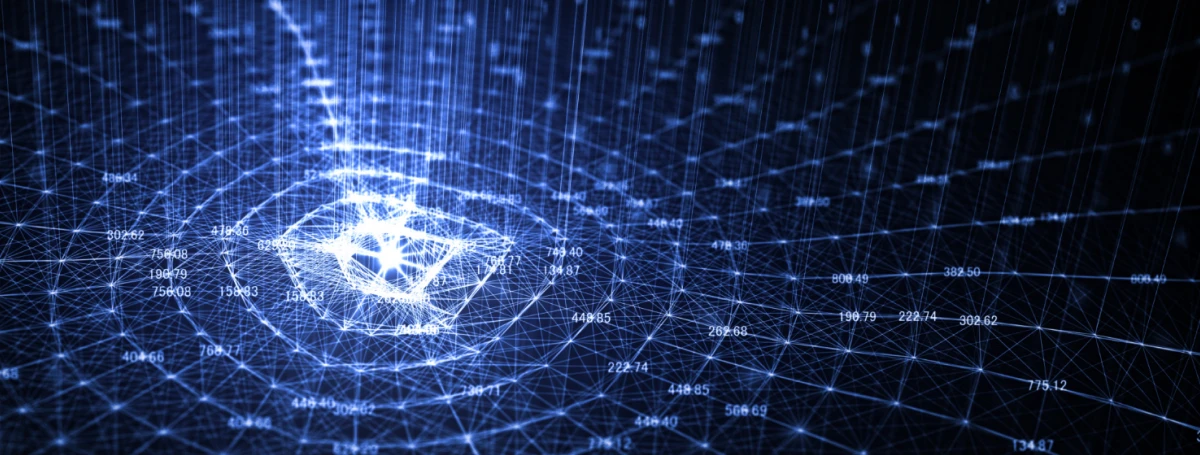Are You Ready to Witness the Future of Data Security?
Platform
©2026 QuNu Labs Private Limited, All Rights Reserved.

The recent terror attack in Pahalgam, Jammu & Kashmir, was not only a tragic loss for the nation, but a stark reminder of the persistent terror threats we face from across the border. As India mourns the loss of its citizens in a cowardly terror act, our armed forces have responded with resolve—leveraging intelligence, precision weaponry, and an increasingly integrated network of drones, satellites, and smart defense systems.
We are witnessing a significant transformation in how India defends itself. Today’s battlefield extends far beyond the Line of Control. It now includes:

Know more about Data Security in 4G Drones
The future of warfare is likely to focus less on firepower and more on the power of information and the way it connects a military's forces through the concepts of command, control, communications, computers, intelligence, surveillance, and reconnaissance (C4ISR).
India’s recent unprecedented military attack on the terrorists' camps showcased that the drivers of future warfare are going to be:
An Agile ICT Infrastructure based on SECURE High speed fixed optical and high capacity, low latency 5G wireless and satellite communication connectivity across the digital battlefield will be the critical defense requirements.
But all this cutting-edge capability depends on one thing: Secure, Uninterrupted, and Tamper-proof communication.

In any modern military conflict, cyber warfare is no longer a sideshow—it’s central strategy. With every drone deployed or satellite engaged, massive amounts of data—video feeds, telemetry, commands—are transmitted over digital networks. These systems must be secure, not only from classical hacking attempts but from future quantum-enabled adversaries.
Nation-states around the world, including our geopolitical rivals, are actively investing in quantum computing. Once operational, these machines can break today's encryption standards (RSA, ECC) with ease. Even before that, encrypted defense communications are already being intercepted, stored, and archived—waiting for the day quantum processors can unlock them.
This is why India’s rapidly evolving defense architecture needs to be quantum-safe by design. Indian Armed forces are already in the advanced stage of deploying the indigenous quantum security technology in its critical digital infrastructure but it needs to penetrate in to every critical digital infrastructure to achieve end to end quantum security.
At QNu Labs, we’ve long believed that India must lead in building indigenous, quantum-resilient security systems. We're proud to be at the forefront of this mission, offering solutions that are battle-tested, forward-looking, and built for national critical infrastructure.
Here's what we bring to the table:
Our systems are already being deployed to protect government networks, strategic communications, and critical infrastructure. The same technologies can and must secure every drone-to-base video feed, every satellite uplink, every AI-enabled targeting system.
The Pahalgam terror attack has already escalated tensions in the region. As India prepares for any eventuality, it is vital that our strategic advantage is not compromised by insecure digital systems.
Imagine a scenario where:
These aren't science fictions. They are real possibilities in a world where cyber warfare and quantum computing converge.
Check out this video on recent updates on quantum research and encryption where with quantum computer can hack the data, rsa 2028 integer and bitcoin protocols meaning data is no more safe: 'First Successful Factorization of RSA-2028 Integer'
India is building one of the most sophisticated and tech-driven armed forces in the world. But as we invest in drones, AI, and space capabilities, we must match that with investments in securing the digital nervous system that connects them all.
Let Pahalgam be more than a moment of mourning. Let it be a turning point—where we as a nation commit to securing every byte of data, every command signal, and every strategic decision.
At QNu Labs, we stand ready to partner with India's defense and government institutions in this mission. For in the wars of tomorrow, digital sovereignty will define national sovereignty. Let's join hands for an easy transition to quantum security? Connect with us to discuss phased guidance on easy transition to quantum security.
Check out QNu Labs’ other whitepapers for reference.
Quantum-safe cybersecurity involvescryptographic methods resistant to quantum computing attacks. As quantumcomputers will potentially break current encryption standards, adoptingquantum-safe measures is vital for protecting India's critical infrastructure.
QNu Labs provides indigenous solutions like Quantum Key Distribution (QKD), the QShield platform, and quantum secure communication chips, designed to safeguard India's defense communications against quantum threats.
Without quantum-safe measures, encrypted data can be easily decrypted by quantum computers, leading to compromised military operations, infrastructure disruptions, and national security threats. 86% of attacks are now utilizing encryption for their channels and 47% of companies’ 1,000+ sensitive files unencrypted. Source: Global Data Risk Report and Help Net Security. To know more visit: QNu Labs
Yes, the Indian Army has signed a contract with QNu Labs for QKD technology under the iDEX initiative, demonstrating a commitment to integrating quantum-safe solutions into defense systems.
QShield is QNu Labs'quantum security platform that combines quantum and post-quantum securitymeasures, providing resilience against potential quantum and AI attacks, and isdeployable alongside existing infrastructure.